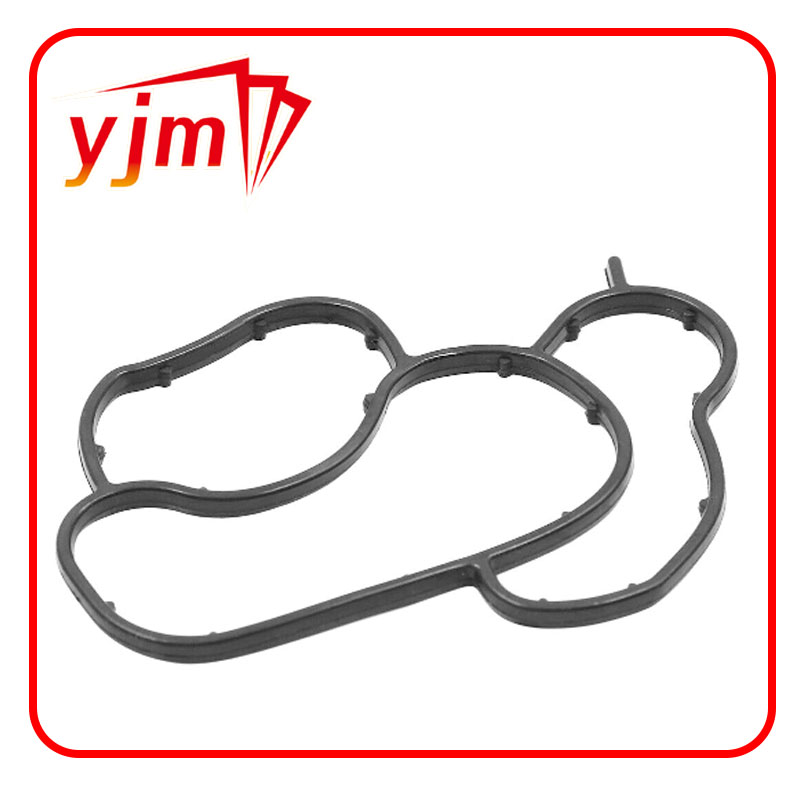Understanding Rotating Shaft Seals and Their Importance in Mechanical Applications
Rotating Shaft Seals An Essential Component in Machinery
In the world of engineering and manufacturing, precision and reliability are paramount. One often overlooked yet crucial component in a variety of machines is the rotating shaft seal. These seals play a vital role in ensuring the efficient operation of machinery by preventing leaks, maintaining lubrication, and protecting internal components from contaminants.
What are Rotating Shaft Seals?
Rotating shaft seals are mechanical devices utilized in machinery to create a barrier between two environments—typically separating the lubricated inside of a machine from the outside atmosphere. They are designed to minimize leakage of lubricants and avoid the ingress of dirt, dust, water, and other harmful substances. The importance of these seals cannot be overstated, as they extend the lifespan of equipment and enhance performance.
Types of Rotating Shaft Seals
There are several types of rotating shaft seals, each suited to specific applications and environments. The most common types include
1. Lip Seals These seals have a flexible lip that makes contact with the shaft, providing excellent sealing capability. They are often made from rubber or polymer materials and are widely used in automotive and industrial applications.
2. Mechanical Seals Often found in pumps and compressors, mechanical seals consist of two rotating components pressed together to create a seal. These seals are highly effective in high-pressure and high-temperature applications.
3. Radial Seals These seals create a barrier along the outside diameter of the shaft, preventing fluids from leaking out and contaminants from entering.
4. Hydraulic Seals Used specifically in hydraulic cylinders, these seals prevent the escape of hydraulic fluid while maintaining pressure within the system.
rotating shaft seals

Applications of Rotating Shaft Seals
Rotating shaft seals are ubiquitous across numerous industries, including automotive, aerospace, manufacturing, and oil and gas. In automotive applications, these seals are critical for preventing oil leaks in engines and gearboxes, thereby enhancing efficiency and reducing emissions. In the aerospace sector, seals are essential for maintaining the integrity of fuel systems and hydraulic systems.
In manufacturing, rotating shaft seals are used in conveyor belts, mixers, and motors, where they help keep contaminants away from essential moving parts, ensuring smooth operations and reducing downtime. In the oil and gas industry, seals protect pumps and compressors in harsh environments, where exposure to pressure and temperature variations can lead to significant wear and tear.
Importance of Proper Selection and Maintenance
Selecting the appropriate rotating shaft seal for a specific application is crucial. Factors such as temperature, pressure, medium (liquid or gas), and the nature of the environment (clean or contaminated) all play a role in determining the best type of seal to use. Failure to choose the right seal can lead to leaks, equipment failures, and costly repairs.
Moreover, proper maintenance is essential for the longevity of rotating shaft seals. Regular inspections can help identify wear and tear or damage, allowing for timely replacements. Ensuring that the seals are installed correctly and that the shafts they protect are not damaged is equally important in preventing leaks.
Conclusion
Rotating shaft seals are indispensable components in modern machinery, contributing to efficiency and reliability in countless applications. Understanding the types, applications, and importance of proper selection and maintenance can help engineers and technicians make informed decisions, ensuring that their equipment operates smoothly and effectively. As technology advances and machinery becomes increasingly complex, the role of rotating shaft seals will continue to evolve, adapting to meet the demands of new and existing technologies.
-
Understanding the Front Main Engine Seal: Purpose, Maintenance, and Installation
News Jul.29,2025
-
Understanding O-Rings and Seal Rings: Types, Applications, and Custom Solutions
News Jul.29,2025
-
Understanding Crankshaft Oil Seals: Rear Seals, Pulley Seals, and Their Role in Engine Integrity
News Jul.29,2025
-
The Importance of Front and Rear Crankshaft Seals in Engine Performance and Oil Management
News Jul.29,2025
-
Crank Oil Seals: Functions, Types, and Cost Considerations in Engine Maintenance
News Jul.29,2025
-
A Comprehensive Guide to O-Rings and Seals: Types, Materials, and Global Applications
News Jul.29,2025
-
Mastering Diesel and Performance Engine Maintenance: A Guide to Critical Oil Gaskets
News Jul.28,2025
Products categories















